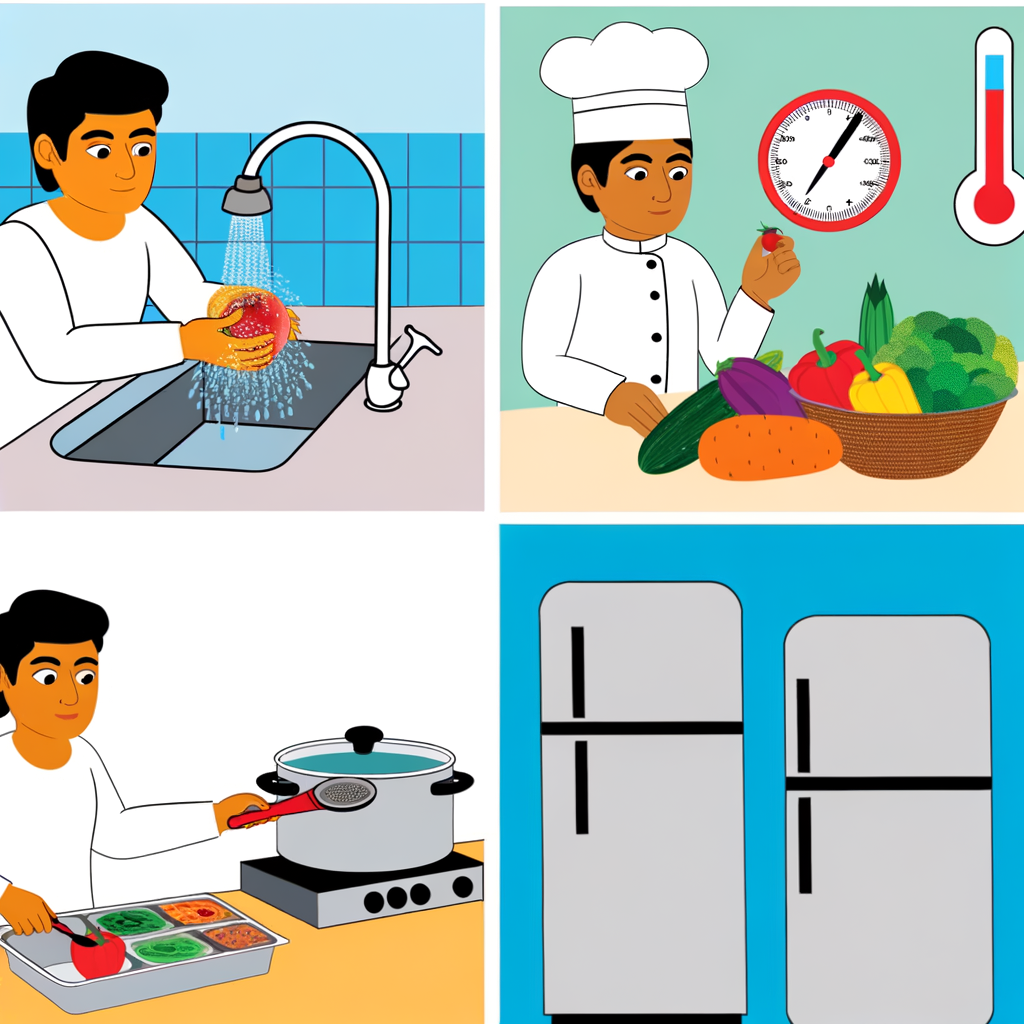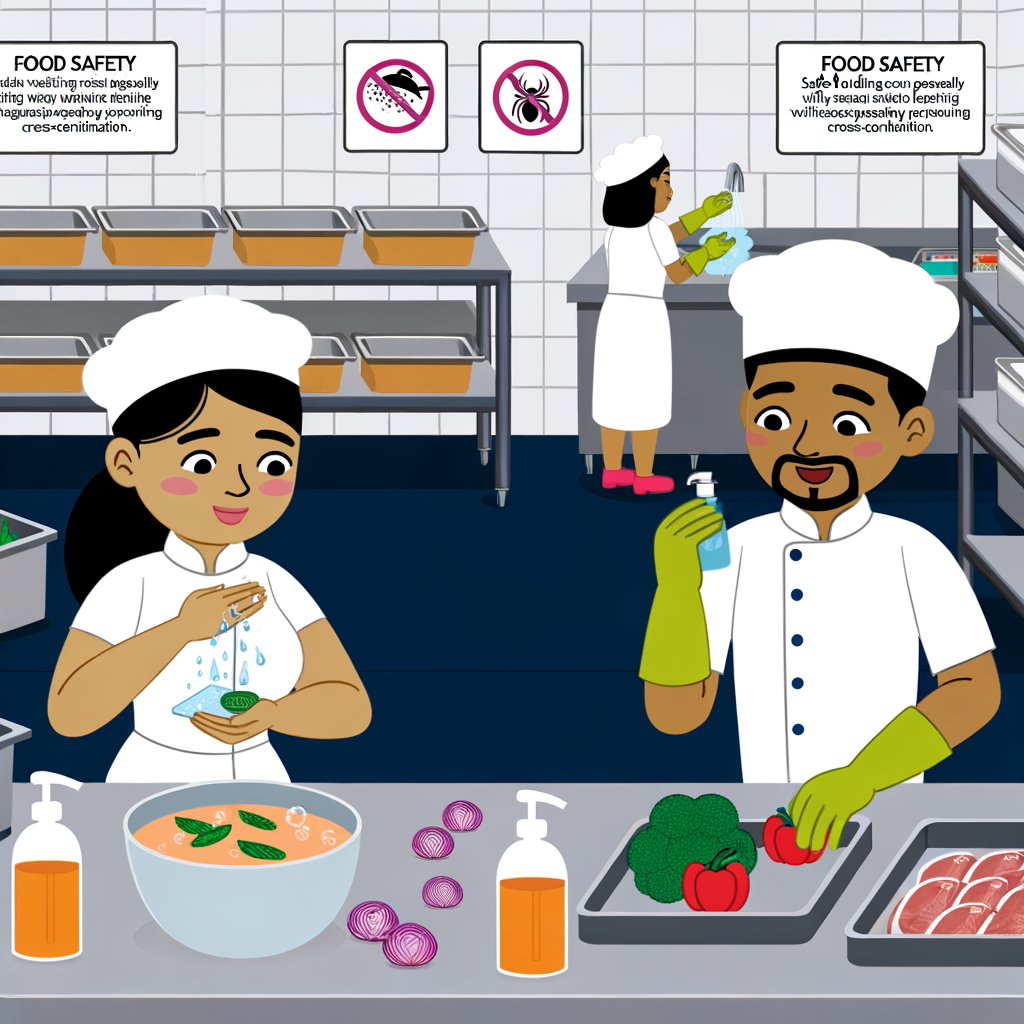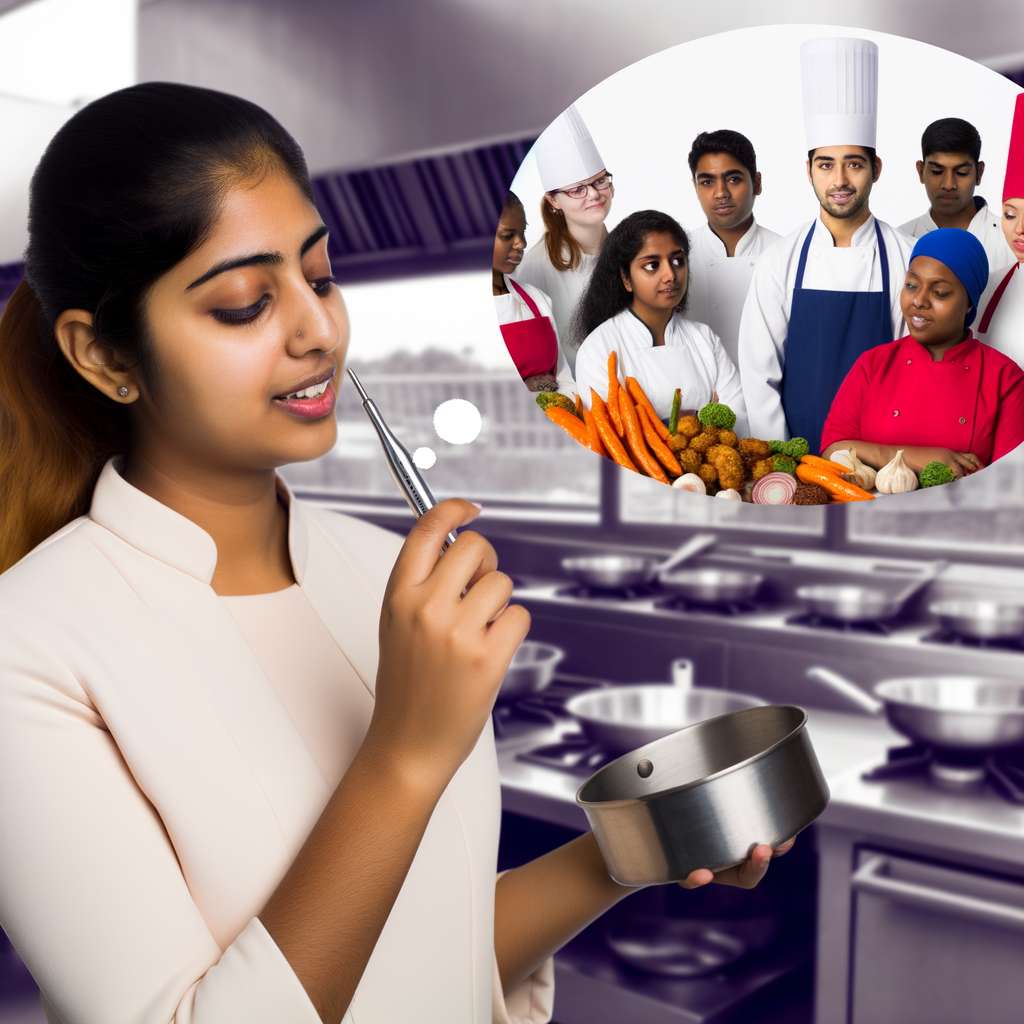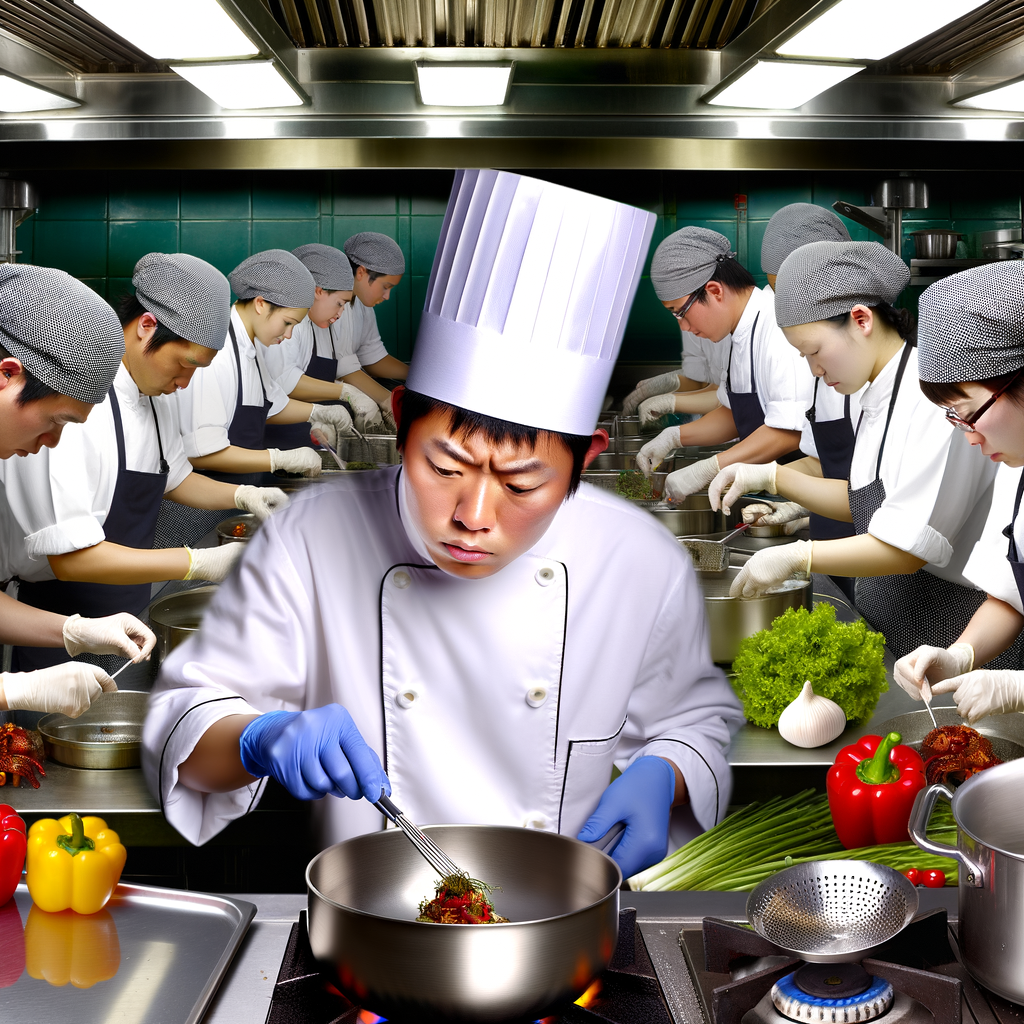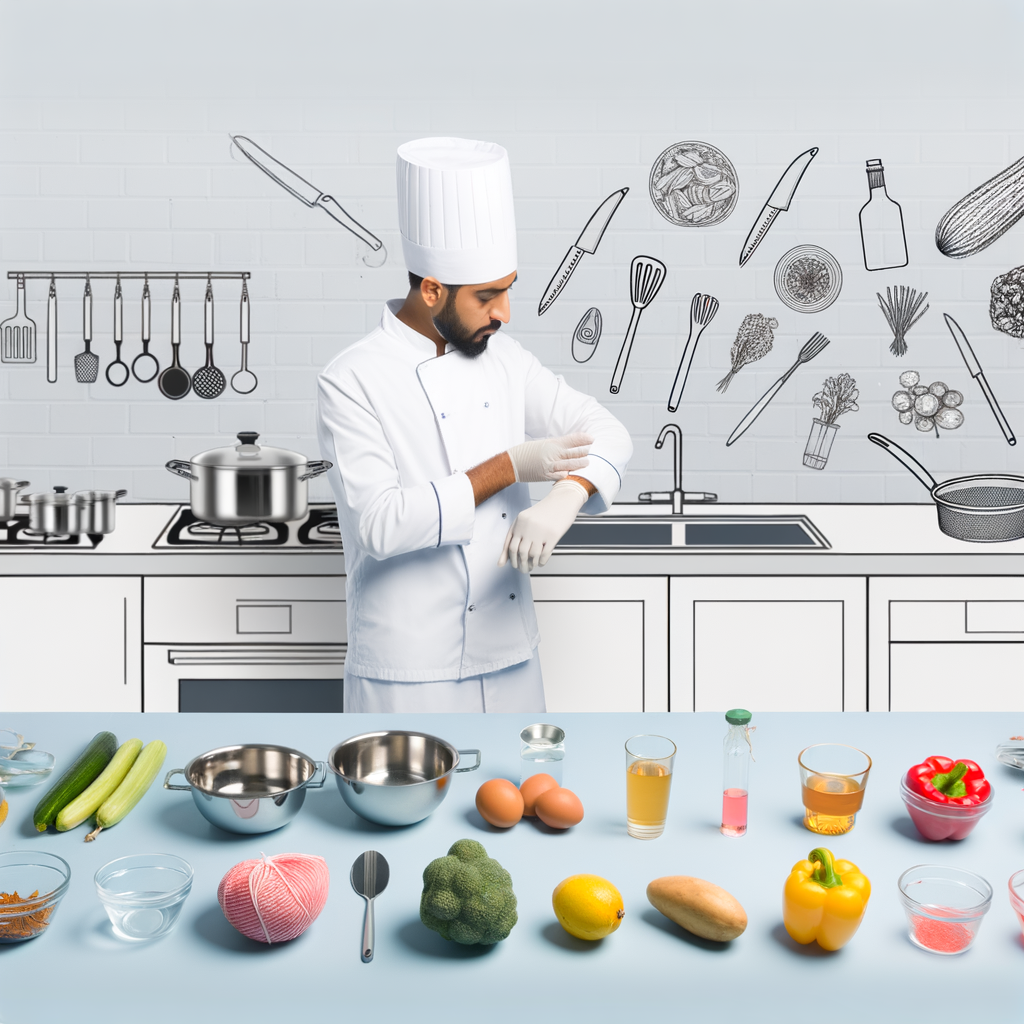Food safety is a crucial aspect of everyday life, especially when it comes to handling food in the kitchen. While it may seem like a mundane task, proper food handling can prevent serious illnesses and ensure that you and your loved ones stay healthy. As an expert chef, I have seen firsthand the consequences of improper food handling and I am here to share my knowledge with you.
First and foremost, always wash your hands before and after handling food. This may seem like a no-brainer, but it is often overlooked. Our hands come into contact with many germs throughout the day, and by not washing them before handling food, we risk contaminating it with harmful bacteria.
When preparing raw meat, poultry, or fish, it is important to keep them separate from other foods to avoid cross-contamination. This means using separate cutting boards, knives, and utensils. Make sure to also wash these items thoroughly with hot, soapy water before and after use.
Proper cooking temperatures are also crucial for food safety. Invest in a food thermometer and make sure to cook meat, poultry, and fish to their recommended internal temperatures. Remember, the color of the meat is not always an accurate indicator of doneness.
Finally, always refrigerate leftovers within two hours of cooking. Bacteria can grow rapidly at room temperature, so it is important to store leftovers in the fridge to keep them safe to eat.
By following these simple tips, you can ensure that you and your family stay safe from foodborne illnesses. As an expert chef, I urge you to prioritize food safety in your kitchen and make it a part of your daily routine.

